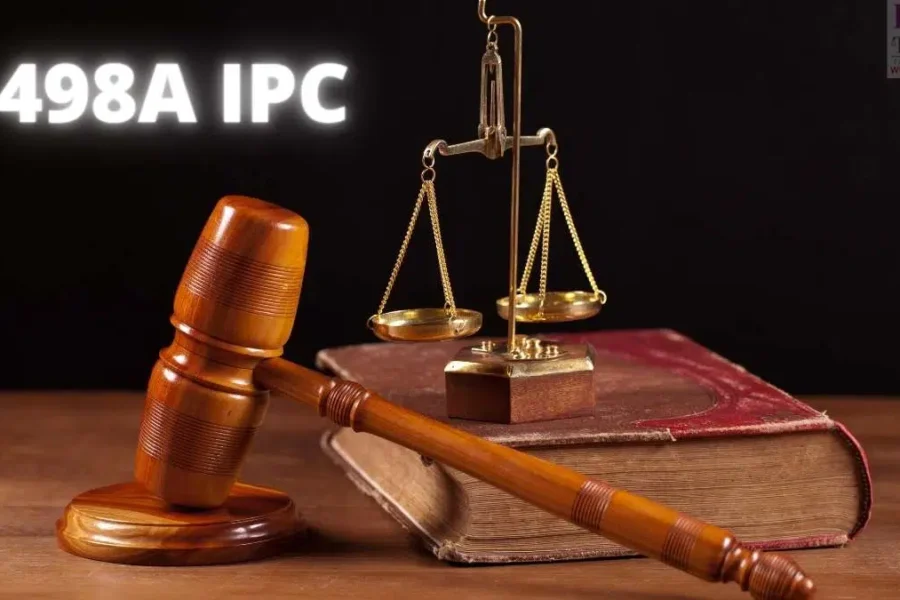INTRODUCTION
Welcome to the official blog of the Law Offices of Kr. Vivek Tanwar Advocate and Associates, where we are dedicated to providing litigation support services for matters related to the Constitution. In today’s blog post, we aim to shed light on the prevailing issues surrounding Constitution, the legal framework in place for their protection, and the steps we can take as a society to combat these acts. Join us as we explore this critical subject and empower you with the knowledge to protect your rights and safety.
CONSTITUTIONAL VALIDITY OF SECTION 498-A IPC
Section 498A of the Indian Penal Code (IPC) deals with the offence of cruelty by a husband or his relatives towards a woman. While I can provide an overview of the constitutional validity of Section 498A, it’s important to note that I cannot provide an exhaustive list of landmark cases. Here is a brief explanation:
Constitutional Validity: Section 498A has faced scrutiny in terms of its constitutional validity on various grounds, including allegations of misuse and violation of fundamental rights. However, the Supreme Court of India has upheld the constitutional validity of Section 498A while acknowledging the need to prevent and address instances of cruelty against women.
LANDMARK CASES
Landmark Cases:
- State of Haryana v. Bhajan Lal (1992): This case laid down the guidelines to prevent the misuse of Section 498A and other similar provisions. The Supreme Court emphasized the importance of a genuine complaint and discouraged the filing of false or frivolous cases.
- Inder Raj Malik v. Mrs Sumita Malik (2006): In this case, the Supreme Court highlighted the need to differentiate between actual cases of cruelty and those filed with ulterior motives. The court recognized the significance of genuine cases while cautioning against false implications.
- Rajesh Sharma v. State of U.P. (2017): This case addressed concerns related to the misuse of Section 498A and the arrest of accused persons without sufficient evidence. The Supreme Court issued guidelines to prevent arbitrary arrests and emphasized the importance of conducting a preliminary inquiry before making an arrest.
- Social Action Forum for Manav Adhikar v. Union of India (2018): This case dealt with the constitutional validity of Section 498A and other provisions related to dowry harassment. The Supreme Court upheld the validity of these provisions while emphasizing the need to address the misuse and protect the rights of the accused.
It’s worth noting that these landmark cases have shaped the interpretation and implementation of Section 498A, aiming to strike a balance between protecting women from cruelty and preventing misuse of the provision. It’s always advisable to consult with a legal professional for the most accurate and updated information on the constitutional validity of Section 498A and its application in specific cases.
CONCLUSION
We are a law firm in the name and style of Law Offices of Kr. Vivek Tanwar Advocate and Associates at Gurugram and Rewari. We are providing litigation support services for matters related to Constitutional law. We have a website on which we publish blogs informing the litigants about the said laws. Draft a blog which can be published on our website…..
Written by: Adv. Priyanka Goel (D/945/2020) is an advocate practising in Gurugram. She has authored several articles on various topics and is passionate about Constitution, women’s empowerment, Human rights and environmental law.


Their free health check-ups are a wonderful initiative.
cost of generic lisinopril without a prescription
They’re globally connected, ensuring the best patient care.